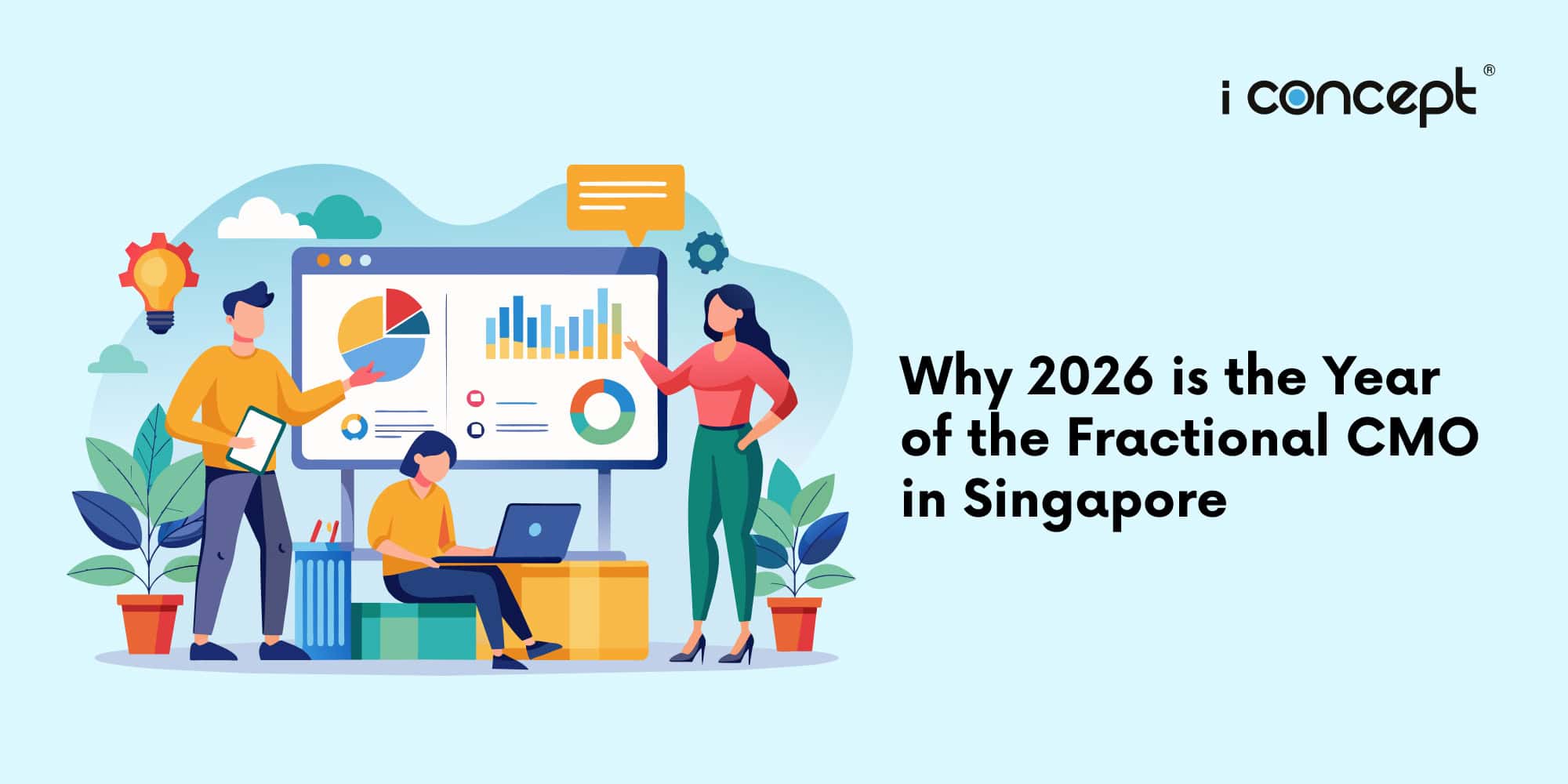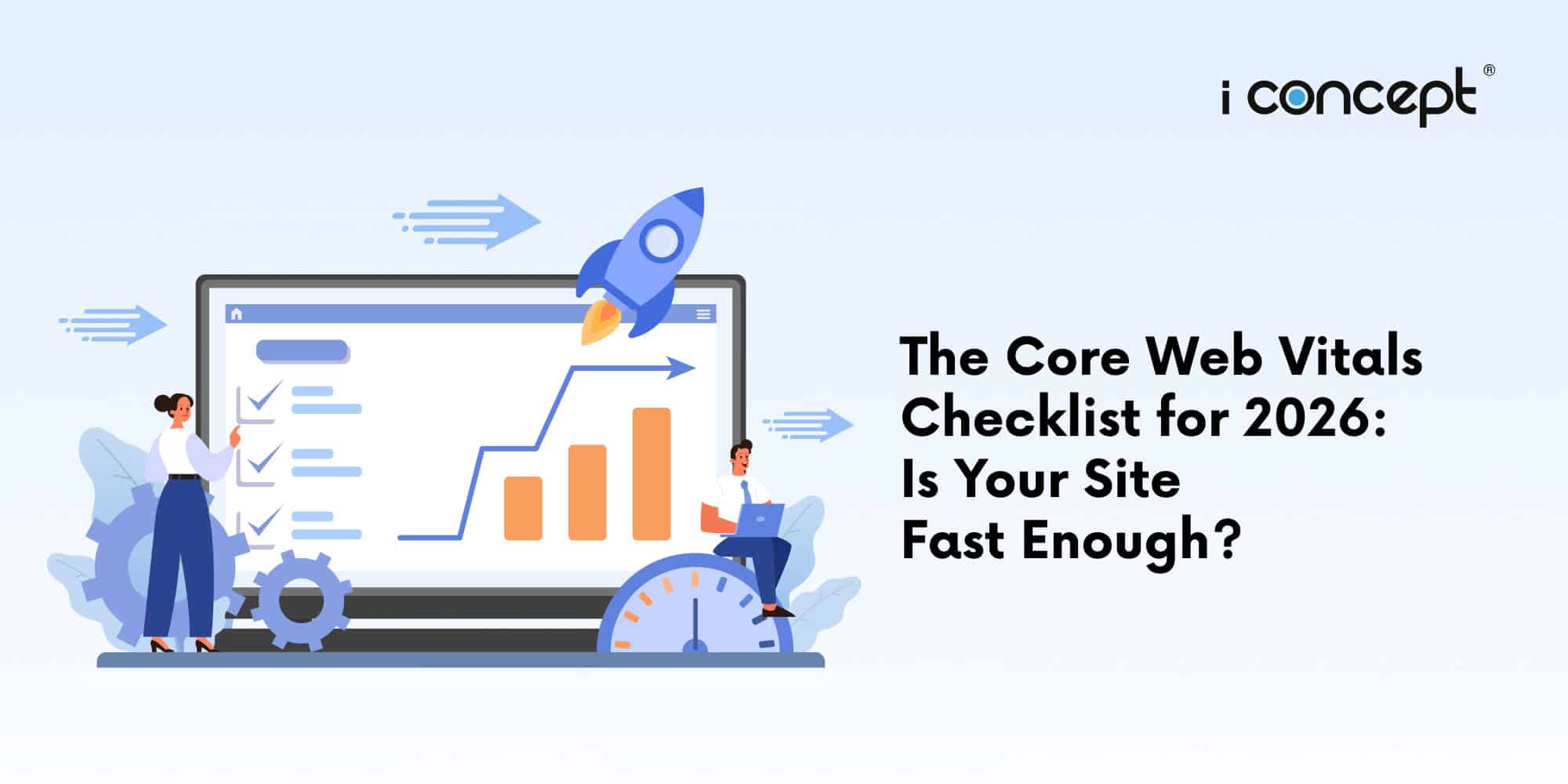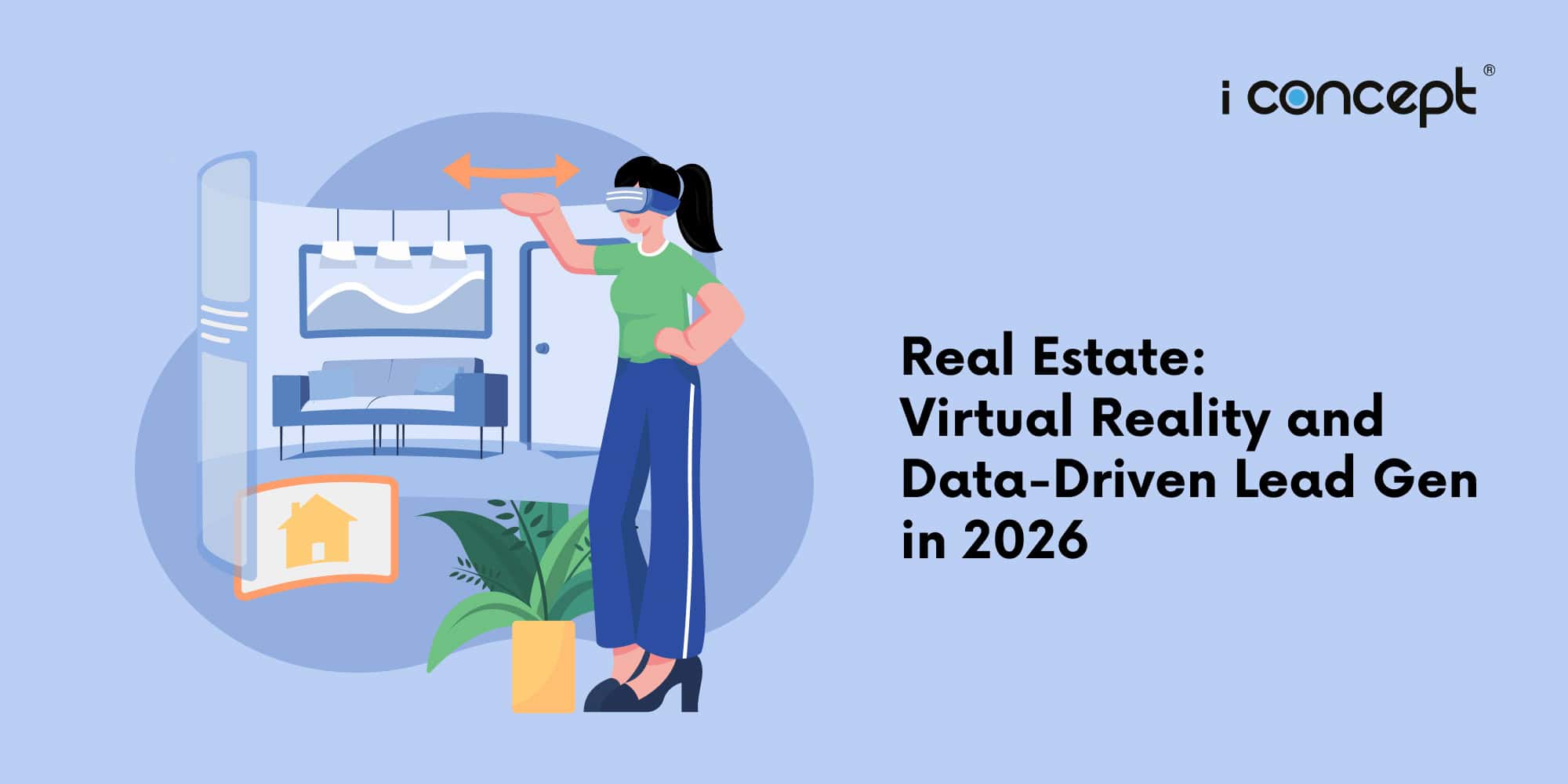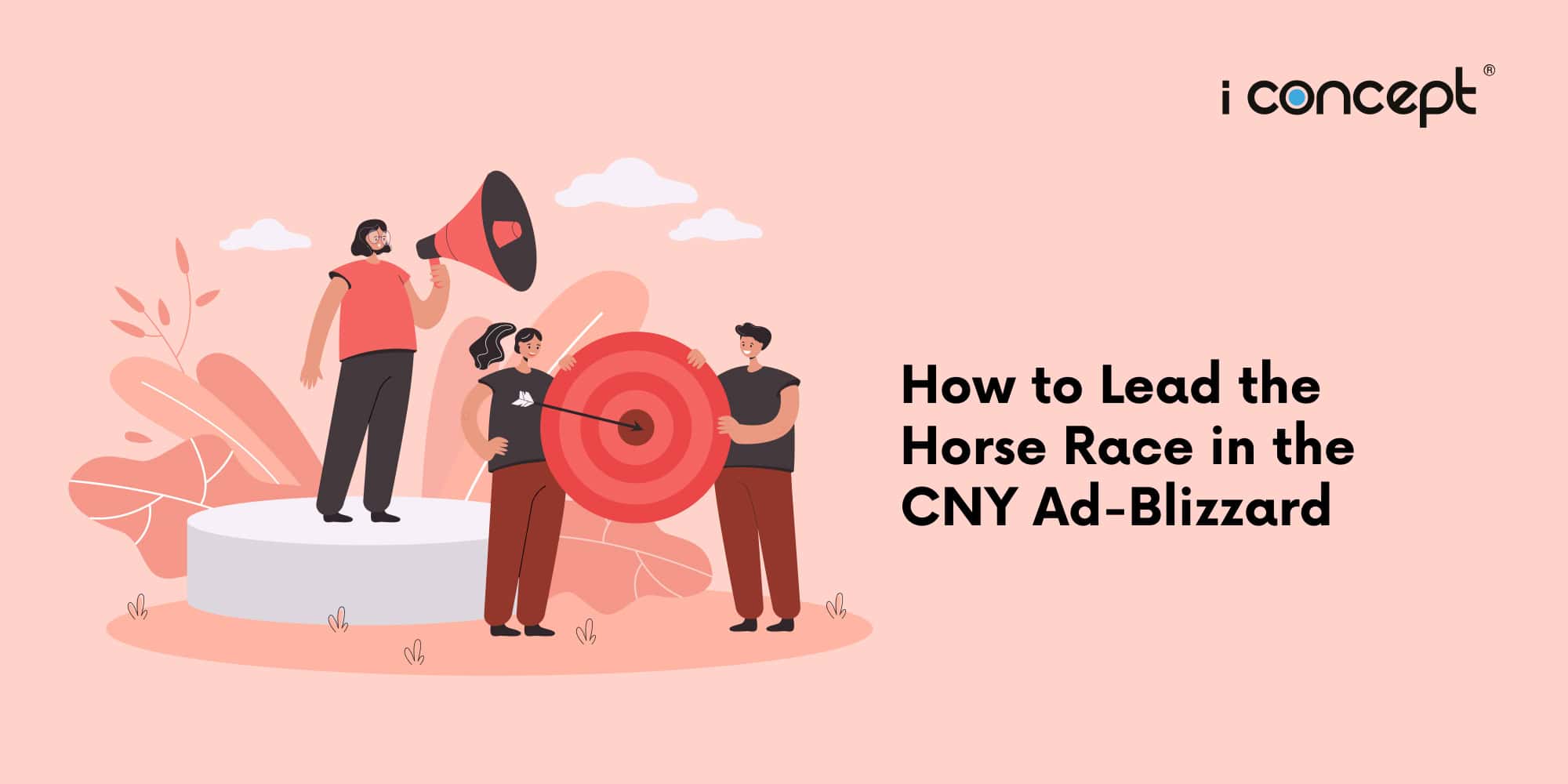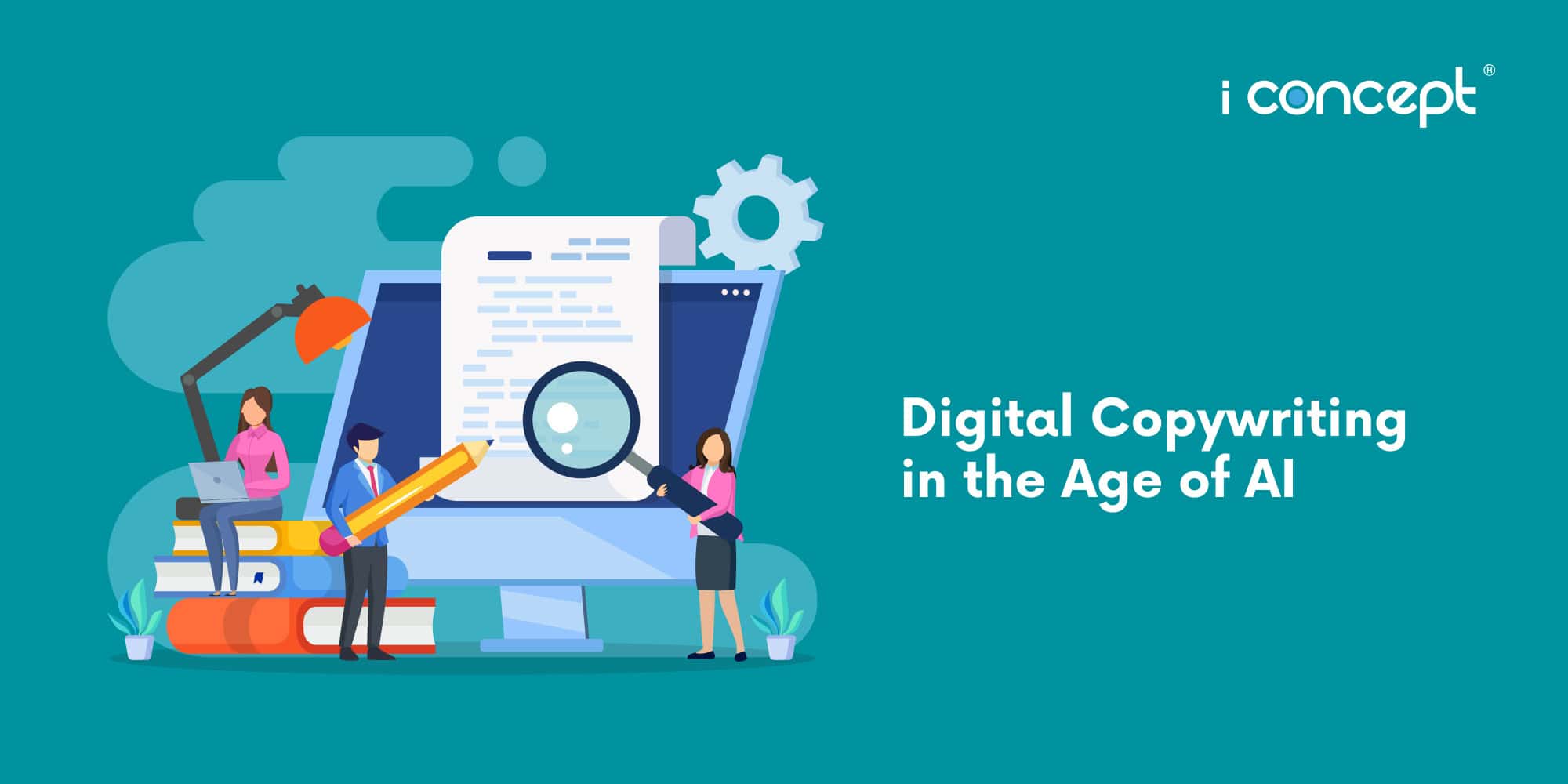When you boil it all down, the role of us marketers can be summarised in two words: to persuade.
Going as far back as 384 BC, we have famous philosophers like Aristotle trying to spread their ideas by speaking persuasively. With the advent of commerce came the ubiquitous need for persuasion to move products.
Today, the art of persuasion has undergone a significant transformation. No longer confined to the debating chamber or the shop floor, the principles of influence are now meticulously applied across e-commerce channels such as websites, social media platforms, and email campaigns.
As e-commerce is estimated to exceed 4.3 trillion US dollars worldwide in 2025, it is more important than ever for marketers to delve into the psychology of online consumer behaviour. Read on as we discuss several established behaviours.
Getting in With the Crowd
One of the most potent tools in the online persuader’s arsenal is social proof. This principle posits that people are more likely to adopt a behaviour if they see others doing it. Think of those ‘X people bought this in the last hour’ notifications on e-commerce sites, the sheer volume of five-star reviews, or the prominence of ‘trending’ topics on social media. In an uncertain online environment, seeing that others have already taken the plunge provides a powerful sense of validation and reduces perceived risk. We’re wired to follow the crowd, and online platforms expertly capitalise on this.
Trust Me, I’m a Doctor
Closely related is the principle of authority. Just as we tend to trust a doctor’s advice on health matters, we are more likely to be swayed by information presented by perceived experts online. This could be a ‘verified’ badge on a social media profile, testimonials from industry leaders, or content authored by recognised thought leaders. Websites that clearly display accreditations, awards, or affiliations with reputable organisations immediately gain a higher degree of credibility, making their persuasive messages more effective.
Don’t Miss Out Now…
Scarcity and urgency are two further psychological levers expertly pulled in the online world. The ‘limited stock’ warning, the ‘offer ends in X hours’ countdown timer, or the ‘only a few left’ notification all tap into our fear of missing out (FOMO). This perceived limited availability compels us to act quickly, often overriding our usual cautious decision-making process. Online retailers, in particular, have mastered the art of creating a sense of urgency, knowing that a time-sensitive offer is far more compelling than one that can be pondered indefinitely.
–
Persuasion – A Question of Ethics?
You would argue that everyone exercises their free will and makes a conscious choice in the face of persuasive messages – so it’s fair game for marketers and consumers alike. But what if there was a line that could be crossed, where techniques of persuasion on social media become suspiciously manipulative?
Groundbreaking work in behavioural economics has surfaced two clear paths for how marketers work around the human brain’s quick decision-making.
The consumer well-being path aims to help individuals make better decisions by “nudging” them through carefully designed “choice architectures” and behavioural interventions. This approach, championed by figures like Dan Ariely and the authors of Nudge, Richard Thaler and Cass Sunstein, focuses on enhancing consumers’ happiness, health, and wealth by helping them overcome biases that might lead to poor choices.
In contrast, the covert persuasion path exploits heuristics and biases to increase the effectiveness of marketing messages and boost sales, often with less emphasis on consumer well-being. This method, moulded by Robert Cialdini’s Influence, provides marketers with techniques to sway consumer choices in favour of their products. While effective due to the inherent nature of human cognitive processes, the ethical implications of covert persuasion depend on the marketer’s intent. It is considered unethical if it disregards or attempts to displace a consumer’s existing goals by damaging their health, wealth, or happiness for the seller’s benefit.
Well, our take is this: if you can convince your audience to buy into your brand without resorting to manipulative tactics, then you’re truly a marketer worth your salt. That’s what we at I Concept aspire to be. As a branding creative agency (and much more!), our goal is to create happy and willing communities that truly enjoy your brand, because we believe there’s more longevity in that. Ready to take on that journey with us?
Elevate Your Brand With The Experts Who Know Your Audience Inside Out!
We at I Concept are a fully integrated creative agency specialised in helping your brand reach hearts and minds, from the AI space, the digital sphere, right down to physical spaces as well.
We’re the perfect-sized solution for businesses like yours. We offer the expertise and creativity of a large agency, without the hefty price tag. We’re nimble enough to adapt to your changing needs, and focused enough to give you the personalised attention you deserve.
Our expertise ranges from branding in Singapore, digital marketing, web design, development and maintenance, digital copywriting, logo design for the company, ecommerce development, and more, making up a comprehensive range of services to help businesses thrive in today’s competitive landscape.
Plus, with the support of government initiatives like the Enterprise Development Grant and Productivity Solutions Grant (PSG), businesses can access funding to invest in innovative marketing campaigns. Apply for the PSG now to kickstart your digital marketing journey with I Concept.
Contact us today!
